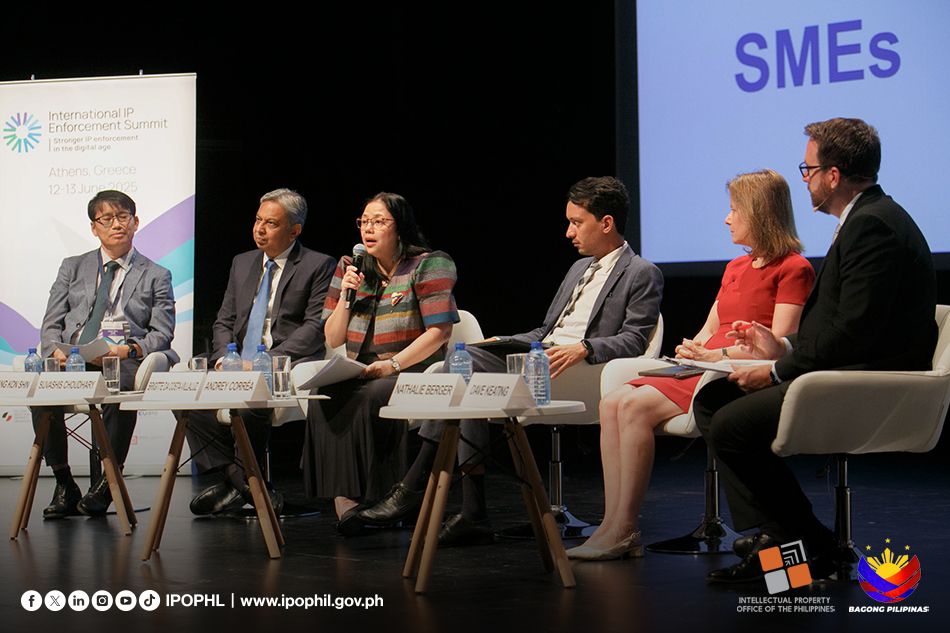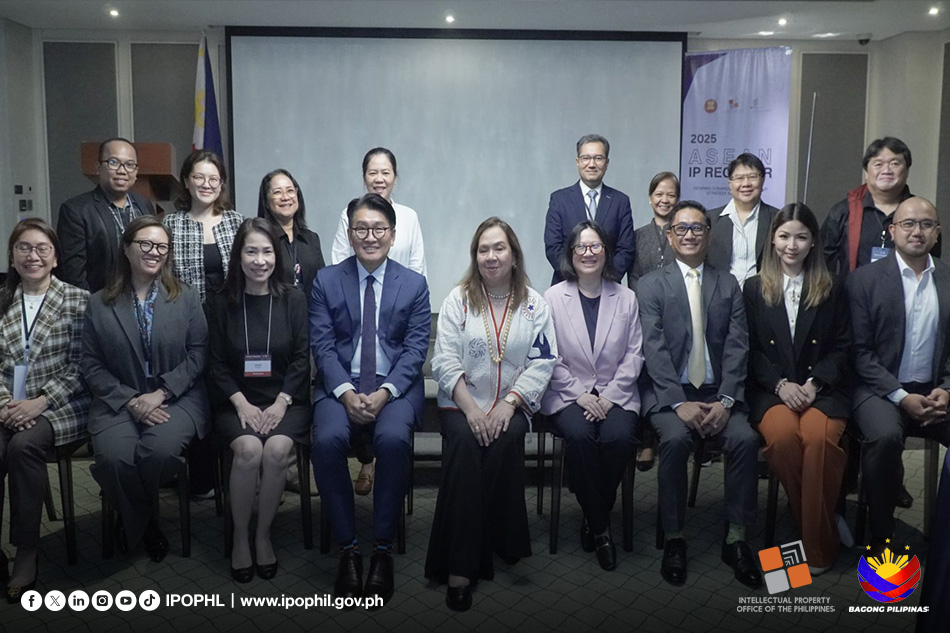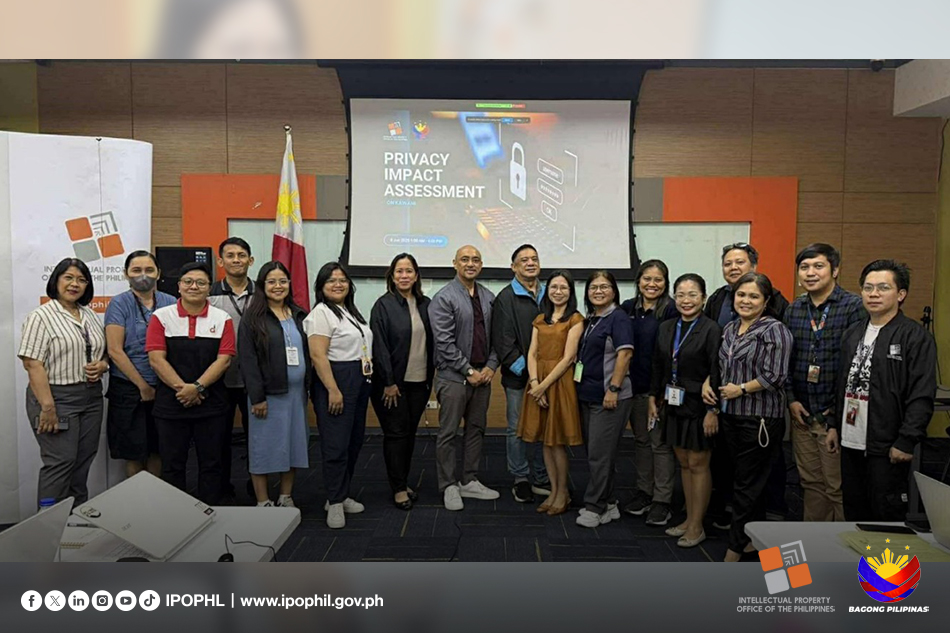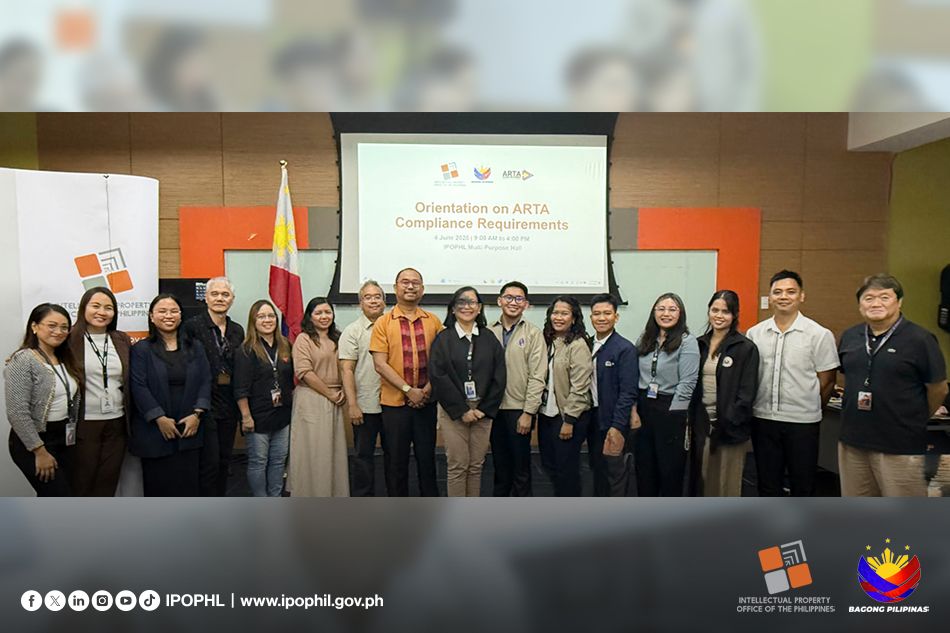
Ghostwriting: How to make the most out of your copyrighted work
June 13, 2023
Whether for music, books or speeches, many popular names in our creative landscape have long sought alternative means to create compelling content. Ghostwriting has proven to be a lucrative and important profession.
Typically, it is the modern freelance writers who take on the call to ghostwrite a piece for a client, mainly celebrities and companies. This means forgoing any credit, or in legal terms, “moral right to attribution,” in exchange for compensation via contract.
While some may see this as a negative development, ghostwriting can actually be a positive force in the creative industry. In exchange for a byline or any sort of attribution, ghostwriters are paid significantly for their ability to capture the voice of anyone who commissions their work. In turn, this creates a broader employment landscape for freelance writers.
However, professional ghostwriters need to understand how to make the most out of their copyrighted work. By taking the time to learn about the intricate aspects of the Philippine intellectual property (IP) code, ghostwriters can surely reap all the benefits of their work by understanding the rights they retain, and the rights they give away.
In the Intellectual Property Office of the Philippines (IPOPHL), we define copyright as a type of intellectual property consisting of the economic and moral rights that authors and creators have over their literary and artistic works:
Economic – Rights that enable the author to earn from their work and give them control over its use:
- Reproduction
- Transformation
- First public distribution
- Rental
- Public display
- Public performance; and
- other communication to the public of the work.
Moral – Rights that govern the author’s connection to his work:
- Right of Attribution
- Right of Alteration
- Right of Integrity (object to any prejudicial distortion)
- Right to restrain the use of the author’s name.
All these rights are automatically granted upon the creation of the work. On top of that, because copyright is a form of personal property, the owner may transfer, sell, or license the work.
Commissioned work: who owns what?
According to Atty. Exequiel D. Valerio, Attorney IV at the Accreditation and Standards Division of the Bureau of Copyright and Related Rights (BCRR), the work that ghostwriters do are generally covered by the provision on commissioned works under Sec. 178.4 of the IP Code.
Thus, the person who commissioned the work owns the actual work, but the copyright remains with the creator unless there is a contract stating otherwise.
“Despite ghostwriters generally owning the copyright over their works, they are also required by their contracts to waive their moral right of attribution under Sec. 193, and this waiver is allowed under Sec. 195. This is the legal basis for why ghostwriters are uncredited for their work,” Valerio said.
Note, however, that commissioning a ghostwriter is different from 1) having a co-writer jointly creating the work; or
2) having a writer working as an employee tasked specifically to make the copyrighted work.
In the first case, the resulting work is considered a work of joint authorship, and thus the co-writers are considered co-owners of the copyright unless it is stipulated otherwise in an agreement. While in the second case, the employer is attributed and deemed the owner of the work, unless in certain situations where the employer allows attribution to the writer.
In essence, the rights of both parties ultimately boil down to the contract they agree to sign.
Maximizing gains as a ghostwriter
There will be certain stipulations in the agreement that will make or break the success of a ghostwriter in maximizing the benefits of their services. Valerio adds that there are three essential elements to a ghostwriting contract to watch out for:
- “Look out for the stipulations on IP ownership.”
In freelancing, it is crucial to identify the contract conditions for:
- ownership of the actual work
- ownership of economic rights; and
- waiver of moral rights.
Note that it is the general nature of ghostwriting contracts to require the contractor to waive the right to attribution. This industry practice ensures that the person who commissions the work acquires the credit for the work, in exchange for fair compensation to the ghostwriter.
Valerio notes that if there is a stipulation to transfer copyright ownership to the client, the contractor must not sign unless they are fully aware of, and agree to the transfer. However, it is important to note that there are moral rights that cannot be waived under any circumstances.
According to Sec. 195 of the IP Code, moral rights cannot be waived if its permits the client to: 1) Use the author’s name, or the title of their work to any adaptation of his work which may damage another author’s literary or artistic reputation; or 2) Use the author’s name for a work that they did not create.
- “Make sure that you are fairly compensated.”
Standard ghostwriting contracts usually provide for either a lump sum payment or an hourly rate. Ghostwriters should be able to clearly set their fixed rates per the amount of time needed to complete the contract work.
It should be pointed out that royalties eventually gained by the contracting client after the public release of the work cannot be claimed by the ghostwriter unless it is otherwise agreed upon or reserved expressly by the ghostwriter.
“This is why it is important to ensure that you are properly and fairly compensated for your work,” Valerio added.
- “Be clear on the scope of the work that you will do as well as the duration of the engagement.”
How much of the work is actually paid for by the client? Valerio adds that the contract must clearly map out how much time and the specific tasks to perform the contract. This is a crucial element of commissioning a work that ultimately reflects how much a ghostwriter is compensated.
“It would be helpful if you can have a lawyer go through the contract or help you with the negotiations,” Valerio remarked.
Ghostwriting may be one of the oldest literary professions and is sure to be a thriving market for as long as audiences seek out more content. To ensure a fair, competitive and lucrative industry, ghostwriters need to acquire a good understanding of their rights under the IP Code. This not only protects the rights they retain, but also helps present a clear view of the intellectual property assets owned by each party.







